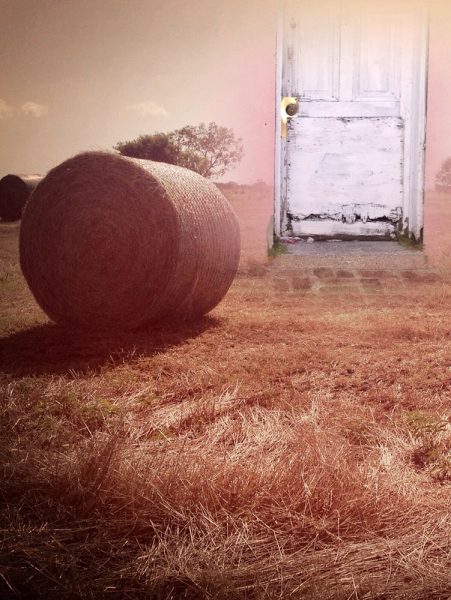Katie Burgess is apparently a very common name. I found a Katie Burgess, MD, real estate agent, lawyer, HR, IT—and that’s without looking too hard. There are many of you on Twitter. Does that weird you out to share a name? (Or, are any of these folks you?)
Yeah, there’s also an actress, I think. And a Katie Burgess who does activism for trans youth—I always see her and feel slightly ashamed, like she’s out there fighting injustice while I’m Googling myself to see if the story I wrote from Dr. Pepper’s point of view comes up.
There used to be a Facebook group called “I Am Katie Burgess.” I think there were around fifty of us in it. I could go by my married name, Steenerson, which is more unusual. But I published my first story as Burgess, so I wanted to stay consistent. Plus I’ve read a bunch of those clickbait articles about whether or not taking your husband’s name makes you a bad feminist, to the point where thinking about it makes me tired, and I don’t know what to call myself.
Anyway, it doesn’t bother me to share a name with the other Katie Burgesses, although I hope there’s never a Katie Burgess who’s a serial killer or an anti-vaccine spokesperson or something. I think about that whenever someone with a fairly common name does something terrible. I felt bad for all the other Kim Davises out there last year.
Your story is “Egg Baby.” What’s your favorite way to eat eggs?
Creamed eggs on toast, which I learned how to make from my grandmother. You make a roux, chop up some hard-boiled eggs and mix them in, and serve it over buttered toast. Pair it with a side salad, and it makes a good dinner.
I so love where Jennifer says about Addison, “I didn’t get to keep her in the fridge all night after she was born.” What would you like to stick in the fridge and forget about?
My student loan debt.
You have a Ph.D. from Florida State and were at one point living in an attic. What did you like most about attic life? Dislike?
It was this attic apartment in an old house near downtown Tallahassee. I liked how it didn’t feel boxy and generic like other apartments I’d rented. And it seemed romantic, living in a garret like in La Bohème. It was a good place to write. But it was really poorly insulated—it’d be sweltering in the summer and freezing in the winter. (It does get cold sometimes in north Florida.) And then there was a mold problem, and some raccoons got in the walls, and eventually I thought, you know, La Bohème isn’t really a happy opera. We moved right in the nick of time, before the raccoons broke through.
How did you manage to pack so much tension into 609 words?
Most of the tension comes from everyone being so polite to each other, despite their history. In workshops you’re always cautioned against writing passive characters, but I think there’s a difference between being active and being confrontational.
I started doing improv not long ago, and one thing it’s taught me about creating scenes is that agreeing is more interesting than arguing. So I thought, what if I had a story where everyone’s on their best behavior—can there still be conflict? And I found that it was much easier to figure out where the story should go next when I approached it that way. It allowed me to end up with the narrator wearing her boyfriend’s ex-wife’s clothes, which is weird and uncomfortable, and more engaging to me than two women standing around yelling, “Hands off my man!”
As for keeping the story short, that’s mostly a matter of chipping away at every sentence, over and over, cutting filler words and details that didn’t pull their weight. When I think a story is as short as it can possibly be, I go back one more time, and I always find more to jettison. I love the word “just” so much; my rough drafts will usually have at least a dozen instances of it. The last thing I do when I edit a piece is hit control + F so I can find them and delete all but one. I allow myself one, to savor like a little bon-bon.



 The core workshop of SmokeLong Fitness is all in writing, so you can take part from anywhere at anytime. We are excited about creating a supportive, consistent and structured environment for flash writers to work on their craft in a community. We are thrilled and proud to say that our workshop participants have won, placed, or been listed in every major flash competition. Community works.
The core workshop of SmokeLong Fitness is all in writing, so you can take part from anywhere at anytime. We are excited about creating a supportive, consistent and structured environment for flash writers to work on their craft in a community. We are thrilled and proud to say that our workshop participants have won, placed, or been listed in every major flash competition. Community works.